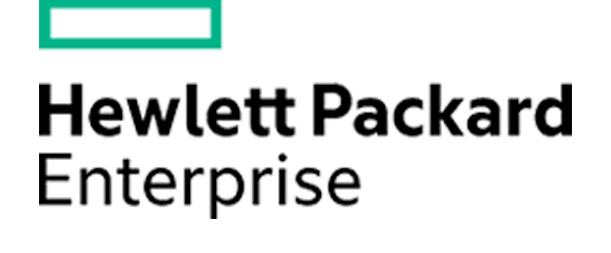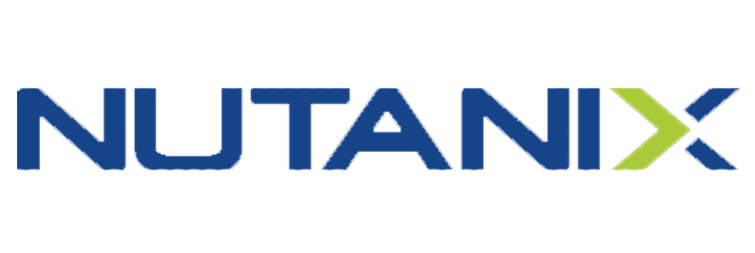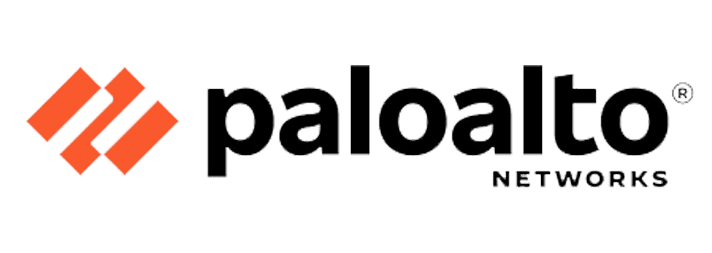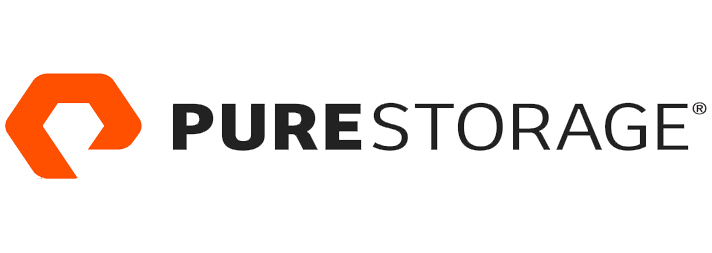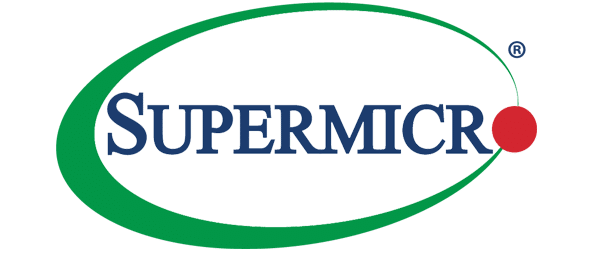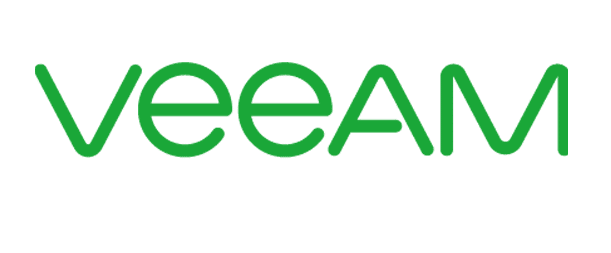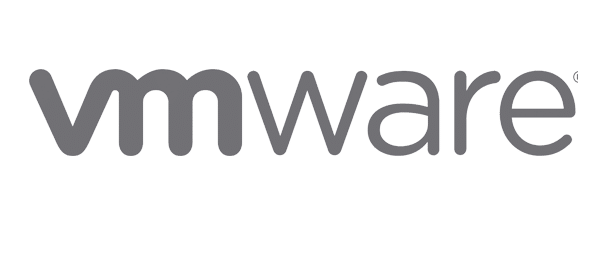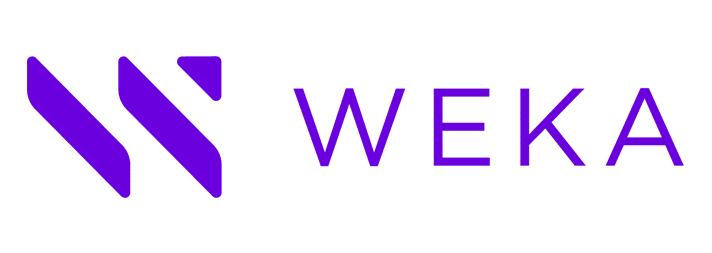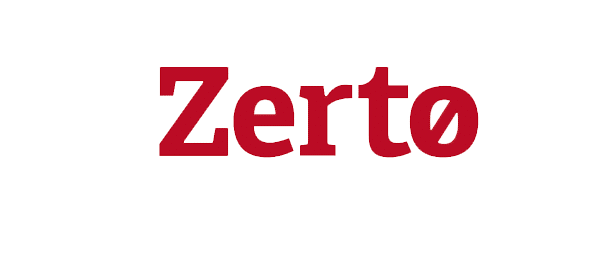The Importance of Medical Data Management in Healthcare
The cost of healthcare in the U.S. continues to rise, with healthcare spending outpacing inflation 5:1 over the last decade. To counteract these trends, the industry is encouraging a shift to preventive care. This includes a larger emphasis on wellness, exercise and nutrition, and a movement toward payment models that are more value based.

Patients are taking a more active role in their medical administration through services such as home genetic testing, wearable heart monitors and using medical apps to connect to their doctors. These healthcare data management trends may seem like different, unrelated strains, but are connected through one thing — the proliferation of medical data. With all this data coming in and an expected growth rate of 48% annually (according to IDC) healthcare organizations are interested in finding ways to harness this data to help their patients and business alike.
Better Data Means Better Care
The most important reason for better data is better medical care. More immediate access to data at the bedside or in the ER means quicker and more-effective diagnosis and treatment. Time is of the essence in medical emergencies, and access to relevant data is critical for coordinated administration and management of patient care.
Centralized systems of healthcare data management also improve treatment between medical centers. The patient who requires a move to a hospital or a specialist treatment center benefits from a hub holding a fully synchronized set of medical records.
Having the right data in a timely manner simply enables better care – if you can productively harness that data.
The New Technology Disrupting Medical Data Management
The average medical researcher has access to incredible amounts of data that were not available just a few years ago. This data includes information on genetics, molecular structures, environment, socioeconomics and biomedicine. Researchers also have better access to individual cases and outcomes.
Initiatives such as City Health Dashboard continue to improve public access to different types of data. This access creates more opportunity for more researchers to ask questions and discover new findings based on their unique expertise, objectives and perspectives. For instance, modern medical data management is directly responsible for the latest treatments that are currently being developed for malaria.
New drugs are discovered based on advancements in gene sequencing and genomics. The datasets that researchers work from are immense, which accelerates development. For example, the medical industry has drastically increased its ability to treat Parkinson’s disease because of these advancements.
The goal of many researchers is a fully open loop system that allows for the greatest amount of innovation from the connected generation of new data. This strategy has the potential to replace lab studies in many cases, and place big data squarely in the center of revolutionizing the medical research process. Whether you want to take advantage of collaborating globally, within your healthcare system or within your hospital, organizing data is a must.
The Specific Advantages of Improved Medical Data Management in Healthcare
One of the most immediate advantages of improved medical data management in healthcare is to reduce operational costs. The better you manage data, the less likely that you are overpaying.
The healthcare industry is under strict regulation and compliance requirements — some of the most stringent in the world. This adds cost. However, many healthcare organizations are paying far too much. In-house hardware systems lack the reach or the compatibility of cloud-based systems. Cloud systems and newer technologies, like containerization, are also more cost-effective.
Cloud computing allows medical offices and hospitals to offload the majority of their data into a centralized hub that can be more secure and less expensive. Having an automated cloud data platform also allows for automatic policy-based cleanings, which allows for the deletion of irrelevant data to keep more space free.
A second advantage of improved data management is to reduce patient costs. More efficient data collection and more immediate data retrieval help healthcare companies with the preventive initiatives mentioned before. If data can be more quickly and accurately applied, then areas of improvement for a patient can be identified instead of waiting for a more serious condition to develop.
In general, an ounce of prevention is worth a pound of cure – when fast diagnosis prevents and/or treats a condition more readily, then everyone wins. Patients pay less upfront, medical facilities are less crowded with preventable conditions, and readmission rates go down.
Even in the case when a readmission is unavoidable, better data means better treatment across facilities. In many cases, traditional data storage leaves much to be desired as patients move from one facility to another.
Better data also means better trend analysis. Individual patients can be more accurately assessed, but the advantage does not end here. With better data organization, healthcare companies can identify areas of high expense-to-patient ratios, for example, and make procedural improvements based on that key performance metric (KPM).
Third, better data also means better business decisions. The best healthcare organizations balance their need for profit margins with resource output for patient care. The better that a facility’s medical data management is administered, the better their analytics become. This often leads to noting obvious problem areas that just needed a bit of quantification to justify a corrective move.
For instance, if patient satisfaction rates are down, noting trends in the data that speak to this finding can help tremendously. Once the problem is found, it can be attached to an appropriate metric and considered quantitatively. In this example, the HCAHPS score would be the appropriate metric to consider.
Individual Empowerment
Individuals are also taking advantage of the new levels of data generation. The health and fitness tech industry continues to grow, with 35 million product units sold in 2017. People became motivated upon seeing their exact heart rate, calorie intake and other health data so easily and accurately. With these precise insights, individuals are empowered to take action to improve their fitness.
New processes for testing, including digitized glucose tests, genetic testing and blood pressure tests, also allow individuals to take control of their personal health profiles without the need for expensive doctor visits or insurance payouts. The testing market for direct to consumer buyers will experience exponential growth for just this reason, from $15 million in 2010 to $350 million by the year 2020.
Patients are eager for information about their health profiles, and they are eager to take control of their future health. If you combine their efforts with an easy to use healthcare portal from their provider, they can collaborate with your healthcare data to allow for better care.
Patient Population Insights
With more than 30 years of experience in the industry of healthcare, Comport Healthcare Solutions is your partner for modern healthcare data solutions. Whether you are looking to update a few aspects of your data for compatibility or you are ready for a complete overhaul, we are ready with the expertise to guide you to your best medical data management solution.
Bill Flatley, Field CTO for Healthcare
Bill is responsible for technical strategies and recommendations for Comport’s Healthcare clients. His extensive experience includes four healthcare systems in leadership roles supporting Clinical Applications, Digital Health, and Office of the CIO as the primary liaison between IT and the business.

